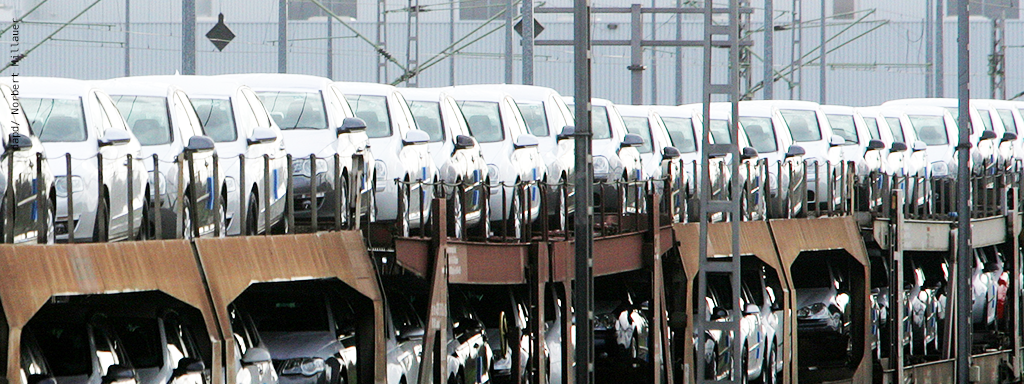
Foto: London School of Economics and Political
Interview with Richard Hyman, Emeritus Professor of Industrial Relations at the London School of Economics and Political Science (LTE), about his view of economic democracy and the opportunities it offers for trade unionism: it can reinvigorate trade unions as a social movement - if we formulate it concretely and ask the key questions: What do we do with money? And who decides? Why not working people?
Richard, what does economic democracy mean to you? And why should trade unions put it on top of their political agenda?
Hyman: The current economic crisis is the result of how capitalism has evolved during the last three decades. It led to an exponential rise in the incomes of the rich, who used their surplus to speculate on financial markets. The continuing outcome of the crisis is growing inequality and an increase in social exclusion. There is clearly something wrong with the system. There can be no return to "business as usual", yet neoliberalism seems stronger than ever. The idea of economic democracy offers a vision of popular empowerment which could reinvigorate trade unionism as a social movement – and help launch a struggle for a genuinely alternative economy.
Is economic democracy really a future topic for trade unionism? In Germany, we had that idea hundred years ago, but after World War II trade unions have rather concentrated on co-determination via works councils and employee board members.
Hyman: I think unions were too reactive during the last decades, responding to an agenda set by those in charge of the existing economy. Too comfortable with the institutional role which they were assigned within the system. But their power resources, and thus their ability to work the system in the interests of their members, have drastically declined. Unions need new goals and a forward-looking vision. In this respect, the crisis was a missed opportunity for trade unions. Before the crisis, people believed in the system, in the "Social Market Economy", which seemed to deliver the goods. But now they are puzzled: what went wrong, what needs to change? If trade unions came up with a convincing explanation, with a new vision … they could recover a popular social mission.
A vision for an alternative economy, a social movement. This could only work as an international movement. Is that kind of solidarity realistic? In the current Euro debt crisis, we rather observe widening gaps between people in different countries who point fingers on each other.
Hyman: We have to demonstrate the similarities and make clear: It’s not the fault of "the Germans", "the Spanish" or "the Greeks", but it’s the fault of the system. A system that lacks effective institutions to control extreme imbalances in the international economy, that deliberately fosters unregulated financial markets and that generally increases inequality – or in short: a system that principally makes the rich rich. And a system where politicians and business leaders blame the victims. How many people realise that Germany has one of the highest ratios of public debt in Europe: Merkel preaches austerity to others, but does not practise it at home – which is one reason why Germany has weathered th crisis better than most.
But is economic democracy really more than an expert topic? A goal that people really understand, not only in Germany, but also in other countries? And can trade unions really mobilize people for that goal?
Hyman: We must formulate it, not as an abstraction or a political slogan, but concretely: "Should workers have a voice in how the money earned by their companies is invested?" "Why should financial speculators be allowed to wrech our economy?" "Should we be able to control whether our plant gets closed?" "Why can’t we – or our chosen representatives – say no to a hostile takeover of our company?" For a lot of people, this would be a good idea. We just have to argue for the content of "economic democracy" without necessarily using the slogan. But it is clear too that if unions want to convince people to support economic democracy, they must first prove that they are democratic themselves. And I believe that many people have the courage to join in such a demand. There are many recent examples, like the Occupy movement, where ordinary citizens are in revolt against the greed and incompetence of our economic rulers. Even in Great Britain, many people support the idea of a financial transaction tax, much more than most people in Germany think. But if a "Robin Hood" tax is on the agenda, we must ask the key questions: What do we do with money? And who decides? Why not working people? This is what I understand by economic democracy.


